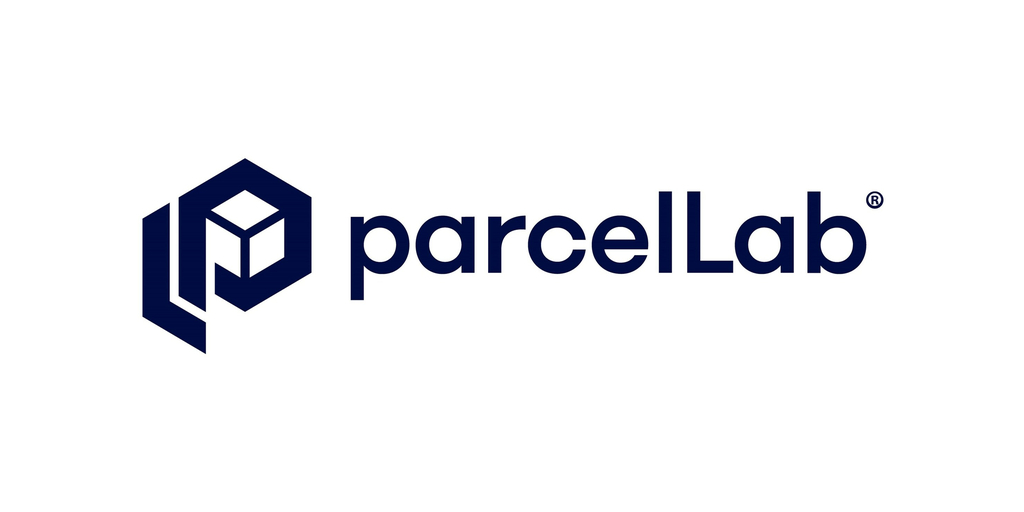
parcelLab: Complete Buyer's Guide
Autonomous AI platform for post-purchase automation
parcelLab positions itself as an autonomous AI platform for post-purchase automation, targeting enterprise ecommerce retailers with complex global operations. The company differentiates through AI agents that handle 92% of routine post-purchase interactions independently, from WISMO inquiries to returns processing and delivery exception management[50][55].
Market Position & Maturity
Market Standing
parcelLab operates in the autonomous AI agent category of post-purchase automation, positioning itself against assistive platforms like DigitalGenius and specialized solutions like Loop Returns[42][48][55].
Company Maturity
The company demonstrates enterprise market focus with customers including Hugo Boss, Conrad Electronics, True Classic, and PETER HAHN, indicating established presence in mid-market to enterprise segments[41][44][46][48].
Industry Recognition
While specific awards or analyst recognition require independent verification, parcelLab's customer base includes recognizable enterprise brands, suggesting market credibility and competitive positioning[41][44][46][48].
Proof of Capabilities
Customer Evidence
The platform's customer base includes Conrad Electronics, Hugo Boss, True Classic, PETER HAHN, Philipp Plein, and Wyze, representing electronics, fashion, and consumer goods sectors[41][44][46][47][48].
Quantified Outcomes
Conrad Electronics achieved 15-20% reduction in WISMO inquiries and 30% reduction in paper waste through digital return labels during a 10-week modular phased deployment[41][49]. True Classic realized 29% higher revenue per email through parcelLab's behavioral segmentation while reducing negative reviews[46]. PETER HAHN reached 61% email open rates via behavioral triggers, demonstrating significant engagement improvements[44].
Market Validation
The diversity of successful customer implementations across electronics, fashion, and consumer goods industries demonstrates platform versatility and market validation.
AI Technology
The platform employs machine learning algorithms that continuously learn from customer interaction patterns and logistics data to improve resolution accuracy over time. Unlike rule-based systems, parcelLab's AI adapts to unique scenarios and customer behaviors, handling complex post-purchase workflows autonomously[50][55].
Architecture
parcelLab's white-label approach hosts tracking experiences directly on retailers' domains, eliminating third-party branding that competitors typically display[52]. The platform's API-first design enables integration with existing commerce stacks, though performance depends significantly on data quality and real-time system connectivity[52].
Primary Competitors
parcelLab competes in the autonomous AI agent category against assistive platforms like DigitalGenius and specialized solutions like Loop Returns[42][48][55].
Competitive Advantages
parcelLab's autonomous AI agents handle 92% of routine interactions independently, differentiating from assistive platforms that enhance human teams rather than replace them[50][55]. The platform's white-label approach maintains brand consistency compared to competitors displaying attribution[52].
Market Positioning
parcelLab's comprehensive approach creates implementation complexity that may exceed SMB requirements, where specialized platforms might provide better value.
Win/Loss Scenarios
parcelLab wins when organizations require comprehensive autonomous automation with global carrier support and white-label experiences. Alternative platforms may be preferable for focused use cases, human-assisted workflows, or budget-conscious implementations.
Key Features

Pros & Cons
Use Cases
Pricing
Featured In Articles
Comprehensive analysis of Post-Purchase Automation for Ecommerce for Ecommerce businesses and online retailers. Expert evaluation of features, pricing, and implementation.
How We Researched This Guide
About This Guide: This comprehensive analysis is based on extensive competitive intelligence and real-world implementation data from leading AI vendors. StayModern updates this guide quarterly to reflect market developments and vendor performance changes.
59+ verified sources per analysis including official documentation, customer reviews, analyst reports, and industry publications.
- • Vendor documentation & whitepapers
- • Customer testimonials & case studies
- • Third-party analyst assessments
- • Industry benchmarking reports
Standardized assessment framework across 8 key dimensions for objective comparison.
- • Technology capabilities & architecture
- • Market position & customer evidence
- • Implementation experience & support
- • Pricing value & competitive position
Research is refreshed every 90 days to capture market changes and new vendor capabilities.
- • New product releases & features
- • Market positioning changes
- • Customer feedback integration
- • Competitive landscape shifts
Every claim is source-linked with direct citations to original materials for verification.
- • Clickable citation links
- • Original source attribution
- • Date stamps for currency
- • Quality score validation
Analysis follows systematic research protocols with consistent evaluation frameworks.
- • Standardized assessment criteria
- • Multi-source verification process
- • Consistent evaluation methodology
- • Quality assurance protocols
Buyer-focused analysis with transparent methodology and factual accuracy commitment.
- • Objective comparative analysis
- • Transparent research methodology
- • Factual accuracy commitment
- • Continuous quality improvement
Quality Commitment: If you find any inaccuracies in our analysis on this page, please contact us at research@staymodern.ai. We're committed to maintaining the highest standards of research integrity and will investigate and correct any issues promptly.